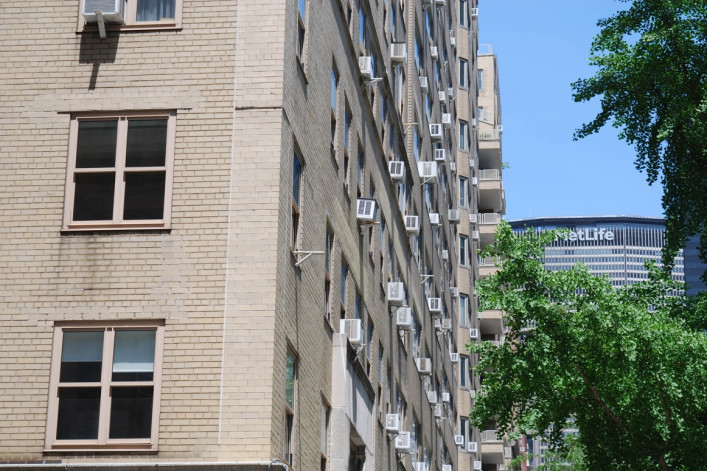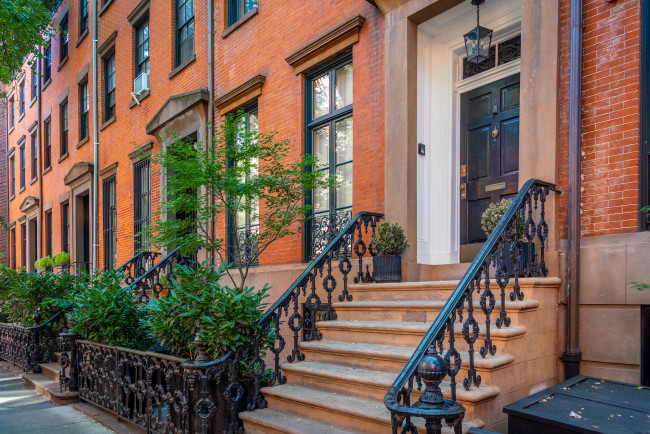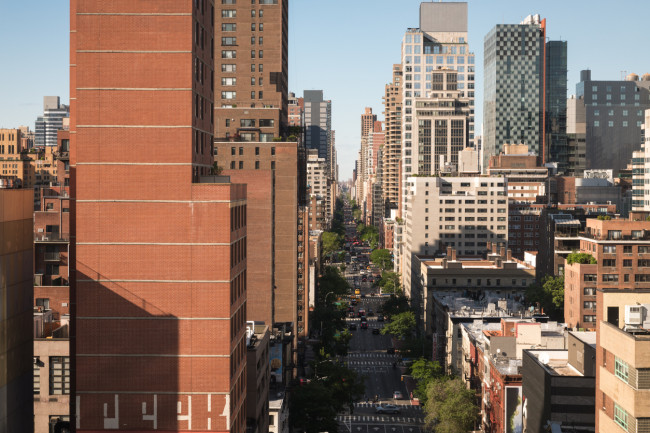What is a cash-out refinance? Are these done in NYC?
- It's an option for owners of condos, co-ops, townhouses, or one- to four-family buildings
- You can use some of what you’re borrowing for investment, renovation, or to consolidate debt
- But with mortgage rates in the 7 percent range, 'now could be the worst time for a cash-out'

Owner typically use a cash-out to take advantage of a rate drop so they can pull money out and keep payments the same.
If you’ve owned your apartment or house for a while and want to tap into the equity of your place, one option is to arrange for a cash-out refinance. This is where you renegotiate the terms of your mortgage in order to access the money tied up in your property.
This means that instead of having the mortgage go entirely towards the cost of buying the property, you are putting some of what you’re borrowing in your wallet. When you refinance, it allows you to change lenders, reduce your rate or access the equity. Banks will ask you how you intend to use the cash.
“It needs to be used for investment, renovation, or to consolidate debt,” says Keith Furer, a mortgage banker with GuardHill Financial. However, he says, "now could be the worst time for a cash-out because rates are significantly higher than what owners currently have on their mortgage.”
[Editor’s note: A previous version of this story ran in April 2022 and has been updated with new information for September 2023.]
Who is it right for?
A cash-out refinance is open to owners of condos, co-ops, townhouses, or one- to four-family buildings.
New Yorkers who have seen their apartments increase in value are those who are best able to take advantage of the program. National Cooperative Bank (a Brick Underground sponsor) is among the lenders who offer cash-out refinance mortgages.
Ryan Greer, senior vice president at National Cooperative Bank, says, "If you want to consolidate some credit card debts that are at a higher interest rate or you are looking to renovate a kitchen or a bathroom, you can consolidate your current mortgage all in one."
Furer points out in the past, owners used a cash-out refinance to take advantage of a rate drop, so they could pull money out of the property and still keep payments the same.
Greer says even with high rates, refinancing may make sense if you have a lot of credit card debt.
"Even though you may have a rate in the 3 percent range it still may make sense to do a cash-out refinance to get rid of those higher-cost credit card payments if you are planning to stay in your unit for at least five years," he says.
Banks will require owners to have a minimum percentage of equity in the apartment before offering a cash-out refinance loan, exactly how much differs from lender to lender. Furer says the figure will be based on your financials, and credit as well as the property type and loan amount. He points out some banks will limit the amount that you can cash out.
What is a typical rate?
Your rate will depend on "the factors of the transaction," Furer says. That means the property type, the loan-to-value ratio, the loan amount, how much cash you want out of the arrangement, and the loan program itself. All these details add up to a level of risk for the bank.
Cash out is seen as riskier than other types of loans. "As with any loan, rates move up and down. In general, cash-out refinance rates will be slightly higher than purchase or rate and term transactions," Furer says.
Preparing for a cash-out refinance
Before you speak to a mortgage lender about a cash-out refinance, find out the value of your property. Ask the agent who sold you the house to do a comp search, they are usually happy to help. The lender will do an appraisal anyway but Furer says, "it’s a good idea to be in the ballpark to find out what the equity might be."
Don't assume you will be able to get the cash, Furer says, and if you plan on using the money to redo a kitchen or bath, whatever you do, don't start the renovation. He says the whole property needs to be usable in order to get a cash-out refinance so if you've ripped up floors, pulled out a bath or you're in the middle of a renovation you won't be approved.
"The bank is always thinking, 'if we foreclose, how difficult will it be to sell the property?'" The other risk is that the rate could go up. Even an open permit can be a problem. "Hard money rates are higher and have additional fees," Furer says.
You Might Also Like




























